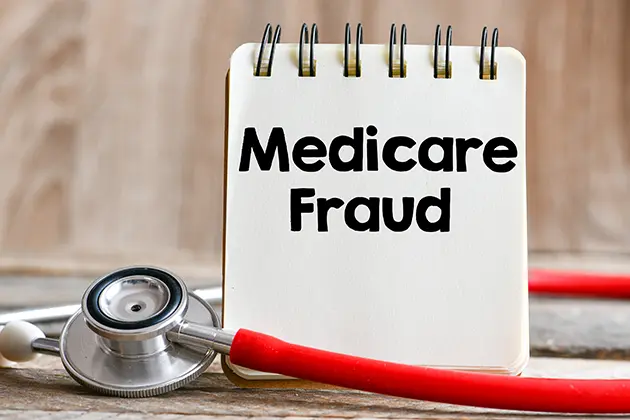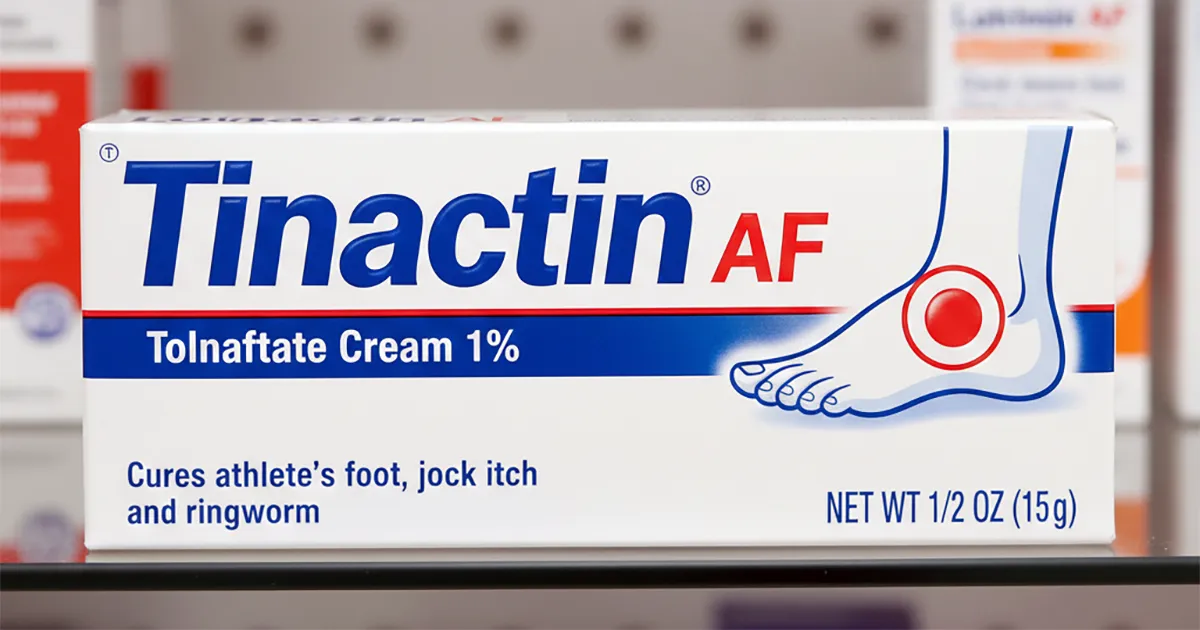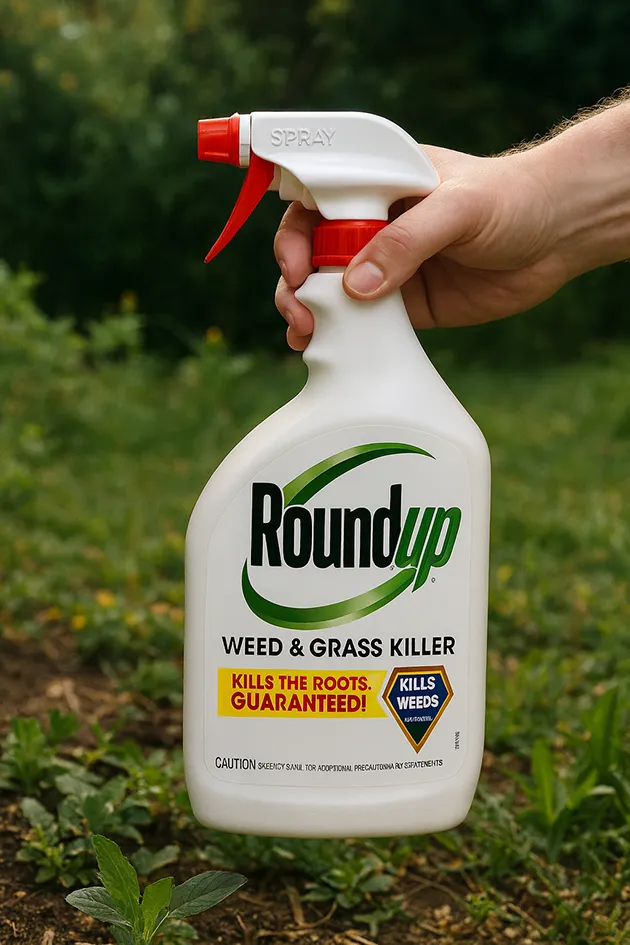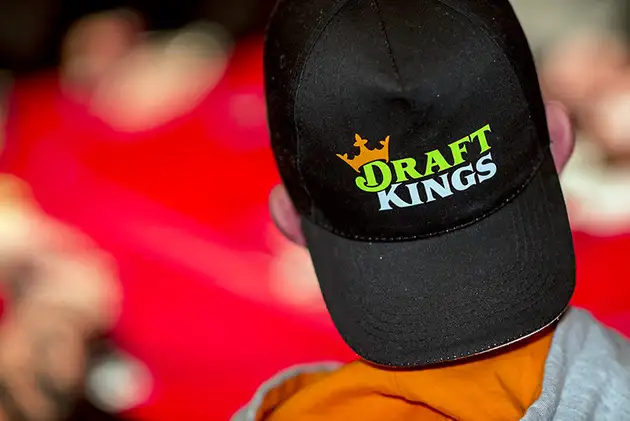How To Report Medicare or Medicaid Fraud And Get A Reward

Photo Credit: Unsplash | Updated: December 6, 2024
Claim Form Deadline: Ongoing
Estimated Payout: Varies
Do You Have Insider Knowledge of Medicare or Medicaid Fraud Being Committed?
Did you know that reporting Medicare or Medicaid fraud can pay handsome financial rewards. Courageous whistleblowers can expose systematic fraud, helping to protect taxpayer money. By coming forward with documented evidence of improper billing, unnecessary medical procedures, or kickback schemes, whistleblowers can trigger investigations that potentially recover millions of dollars for the government.Medicare and Medicaid fraud are among the most common types of fraud on the government, costing taxpayers billions of dollars each year. Since January of 2009, the U.S. Justice Department has recovered more than $24 billion related to False Claims Act (FCA) cases surrounding fraud against federal health care programs.
Medicare and Medicaid fraud occurs, for example, when a healthcare provider bills the government for supplies or services that were not actually provided. Medicare fraud is rampant and costs taxpayers billions of dollars a year, often affecting vulnerable populations who rely on Medicare to receive critical treatment.
Whistleblowers are essentially healthcare heroes, using their insider knowledge to prevent fraud, protect patient care, and maintain the financial sustainability of Medicare and Medicaid. Their actions not only recover misappropriated funds but also deter future fraudulent activities in the healthcare system.
What Kinds of Medicare and Medicaid Fraud Are Common?
Medicare and Medicaid fraud can take a number of forms, including the following:• Upcoding: seeking payment for higher and more expensive medical services than those that were actually performed
• Overbilling: charging inflated prices for medication or for medication that were not actually provided
• Kickbacks: making improper payments or offers of financial incentive for the referral of Medicare of Medicaid patients
• Unnecessary Procedures: ordering unnecessary medical procedures to be billed to Medicare or Medicaid in order to boost profits
Largest Whistleblower Cases of Medicare or Medicaid Fraud
Several high-profile whistleblower cases have exposed significant Medicare and Medicaid fraud in recent years:Humana Medicare Fraud: Humana agreed to pay $90 million to settle allegations of fraudulent bids for Medicare Part D contracts from 2011 to 2017, overcharging the government for medication.
Walgreens Medicare & Medicaid Overbilling Fraud: Walgreens Boots Alliance Inc. paid $269.2 million in 2019 to settle two whistleblower cases for overbilling Medicare, Medicaid, and other health programs for insulin pens and prescription drugs.
UnitedHealth Group Medicare Advantage Fraud: The U.S. Justice Department sued UnitedHealth Group twice for wrongfully obtaining over $1 billion from Medicare Advantage.
Bayer Medicaid Fraud: Bayer Corporation paid a $251 million civil settlement and a $5.6 million criminal fine for a fraudulent "private labeling" scheme to avoid paying rebates to Medicaid.
Cigna Diagnosis Code Fraud: Cigna agreed to pay over $172 million to settle allegations of diagnosis code fraud in Medicare Advantage.
Dr. Farid Fata Chemotherapy Fraud: Dr. Fata was convicted of administering chemotherapy to over 500 patients who didn't have cancer, resulting in $34 million of fraudulent Medicare claims.
What are Examples of Medical Billing Fraud?
Medical billers and coders play a crucial role in healthcare billing and can potentially be involved in or witness Medicare and Medicaid fraud incidents. Your position as a medical biller gives you a unique insight into potential fraudulent practices:1. Upcoding: Medical billers might observe instances where providers assign inaccurate billing codes to medical procedures or treatments to increase reimbursement.
2. Unbundling: They may notice when services that should be billed under a single comprehensive code are instead billed as separate procedures to increase reimbursement.
3. Phantom billing: Medical billers could detect billing for services or procedures that were never actually provided to patients.
4. Unnecessary procedures: They might notice patterns of billing for medically unnecessary tests, procedures, or equipment.
What Kind of Medical Professionals are Whistleblowers?
Several professions are likely to encounter or have knowledge of Medicare and Medicaid fraud incidents. These individuals often have insider information that can be crucial in identifying and reporting fraudulent activities. Here are some key professions that may come across Medicare and Medicaid fraud:• Healthcare Providers
Doctors and Physicians Medical professionals may witness or be asked to participate in fraudulent activities such as upcoding, ordering unnecessary procedures, or falsifying diagnoses.
Nurses As frontline healthcare workers, nurses may observe discrepancies between services provided and those billed to Medicare or Medicaid.
Pharmacists They might encounter fraudulent prescriptions or be aware of overbilling schemes for medications.
• Administrative Staff
Medical Billers and Coders These professionals are directly involved in the billing process and may notice patterns of fraudulent claims or upcoding.
Hospital Administrators They may become aware of systemic fraud within their institutions, such as kickback schemes or unnecessary procedures.
• Financial and Compliance Professionals
Auditors Internal or external auditors reviewing healthcare organization finances may uncover fraudulent activities.
Compliance Officers These professionals are responsible for ensuring adherence to healthcare regulations and may detect violations.
• Insurance Industry Professionals
Claims Adjusters They may notice patterns of suspicious claims or billing practices when processing Medicare or Medicaid reimbursements.
Fraud Investigators Professionals specifically tasked with identifying fraudulent activities in healthcare claims.
• Government Employees
Medicare and Medicaid Program Staff Employees working directly with these programs may detect irregularities in claims or provider behavior.
It's important to note that whistleblowers from any of these professions can play a crucial role in exposing Medicare and Medicaid fraud. The False Claims Act allows these individuals to file lawsuits on behalf of the government and potentially receive a portion of the recovered funds as a reward. This incentive, combined with legal protections for whistleblowers, encourages those with insider knowledge to come forward and report fraudulent activities, helping to protect the integrity of these vital healthcare programs. Learn how you can earn significant compensation by reporting Medicaid or Medicare fraud.
For more open class actions keep scrolling below.

Amazon Prime - 30 Days Free
Status: Active
Sign Up
Children playing Roblox and using Discord?
Pre-Qualify Here
Submit Claim
Belkin Power Bank Settlement
Deadline: March 30, 2026
Submit Claim
$4.85M Bayer Antifungal Spray Settlement
Deadline: March 11, 2026
Submit Claim
Bayer RoundUp Bug Spray Lawsuits
Status: Open to Claims
Submit Claim
Video Game Addiction Lawsuit
Deadline: Pending
Submit Claim
DraftKings & FanDuel Addiction Lawsuits
Status: Open
Submit Claim